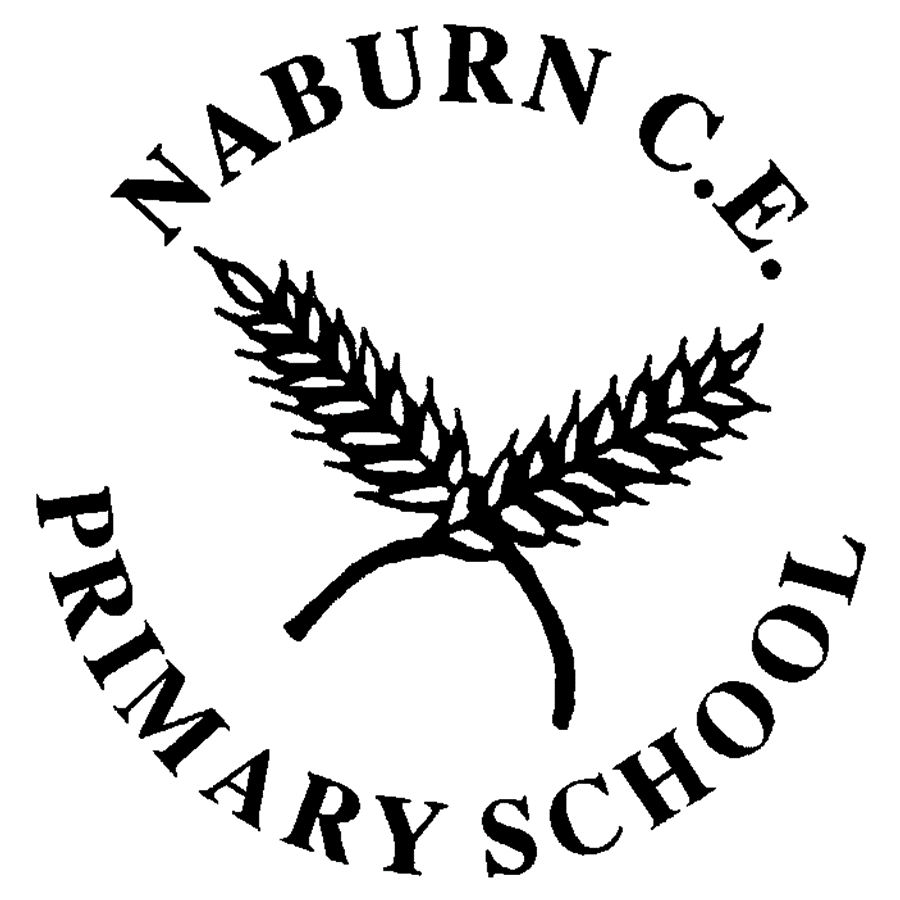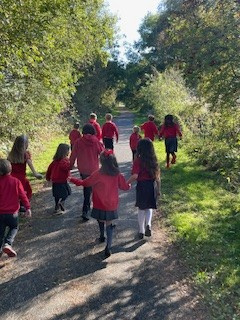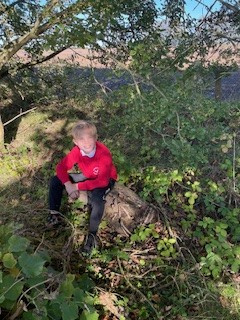Staff make good use of opportunities for spiritual development that occur through the curriculum.SIAMS Report 2025
Spiritual Development
As a Faith School we wish for our children to find strength through their own spirituality and beliefs, which in turn will empower them as courageous advocates, giving voice to the voiceless with a loving, servant heart.
At Naburn, we aim to be ‘a place where everyone can flourish’. As a church school, children’s spiritual development is very important to us. We know, the development of spirituality can have a massive influence on a child’s well-being and their mental health, and we aim to create an environment that will nurture people’s minds, body and soul.
However, we acknowledge it is a deeply personal journey. Spiritual development relates to fundamental questions about the meaning and purpose of life which affect everyone and is not dependent on a religious affiliation. We are guided by our Christian faith and the Christian values which we hold dear but we welcome all, and we openly encourage children to reflect in the way that suits them best, enabling them to participate in an ongoing process of spiritual realisation and to flourish in a way that will help them find peace, comfort and strength throughout life’s ever-changing journey. It is not our aim to guide children to follow a particular faith.
We do not aim to measure or identify how a child is progressing spirituality. Spiritual progression is not linear. This document is for teaching staff and parents all across our community to help identify and guide the rich deep thinking opportunities which contribute to pupils’ spiritual development throughout our broad curriculum.
When considering children’s Spiritual Development, we look at 3 different areas.
- Love (Love for self and love for others)
- The World, beauty and creation
- Beyond (the unexplained)
For each area we aim that the children should have opportunities to observe, reflect and transform. We call these windows, mirrors and doors.



Windows: Give opportunities to become aware of the world in new ways. Learning about life in all it’s fullness. This includes both the things that amaze us and challenge us.
Mirrors: Give opportunities to reflect upon our experiences. To meditate on life’s big questions and consider some possible answers. Learning from life by exploring our own insights and perspectives and those of others.
Doors: Give opportunities to respond, to do something creative in order to express, apply and further develop our thoughts and convictions. Learning to live by putting into action our beliefs and values.
The strength of our Thrive curriculum means that opportunities for spiritual development change and shift each year as the children contribute to the direction of their topics and as the topics rotate. Certain topics lend themselves greatly to particular areas of spiritual development. Teachers look at the opportunities for spiritual development and link these to the areas described in our curriculum, where it is appropriate. Outdoor learning also makes available many opportunities to investigate spirituality through engagement with the natural world and extending the children’s personal development beyond that of the academic classroom. Therefore, we have enriched our curriculum by offering many educational visits and visitors and also extracurricular clubs.









